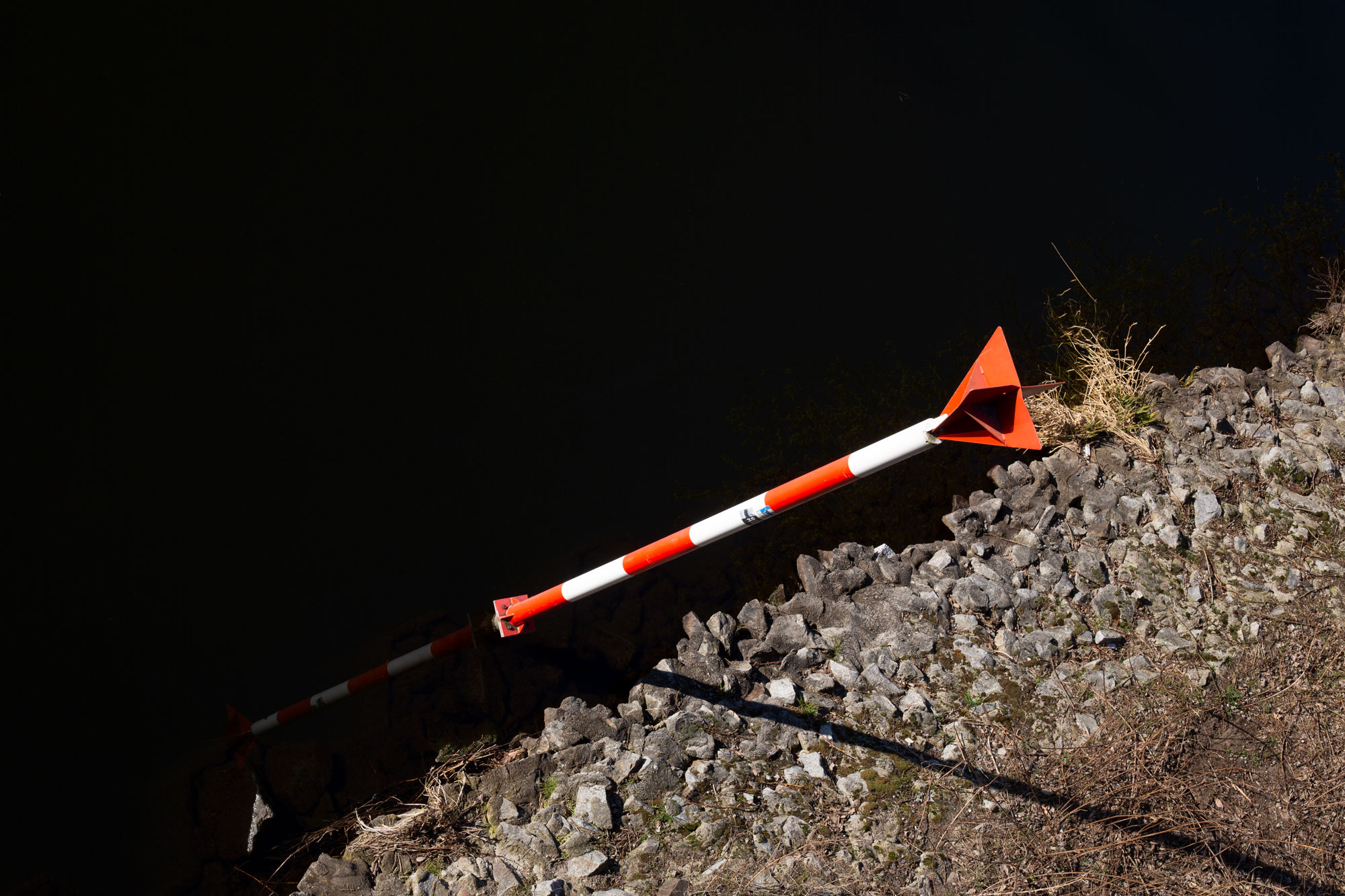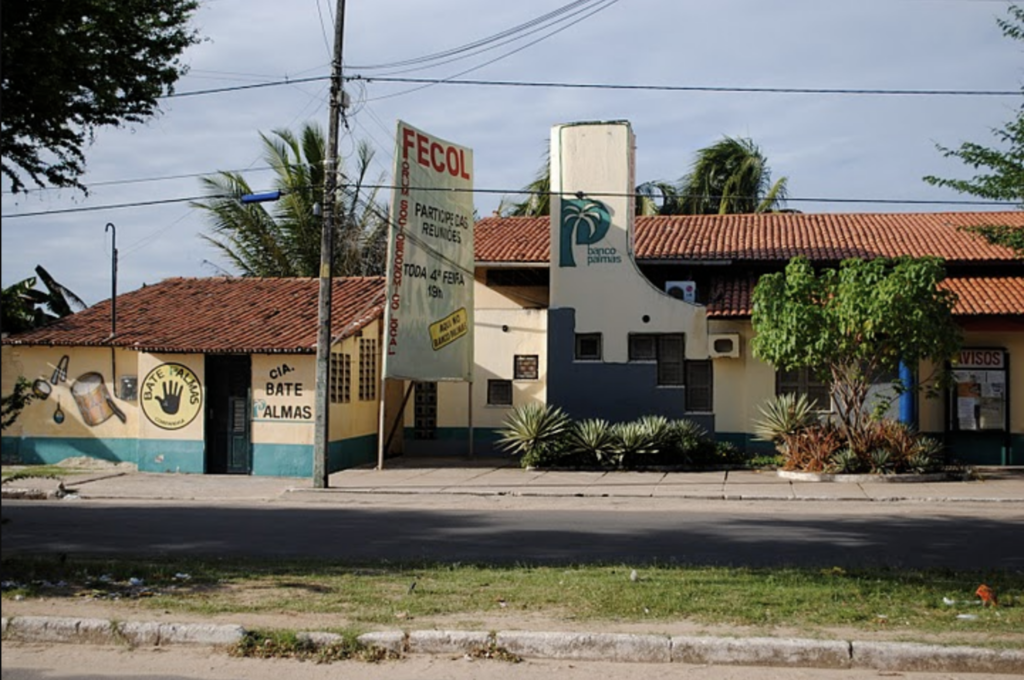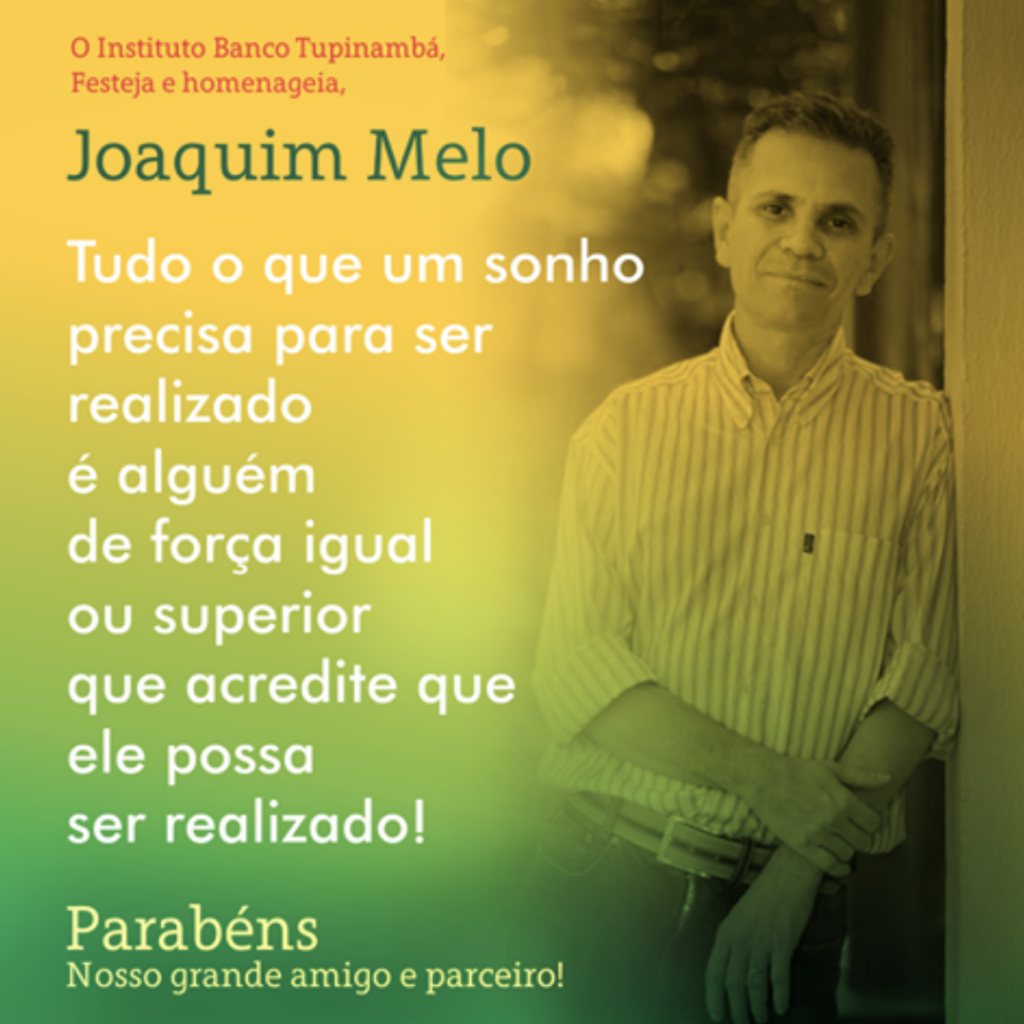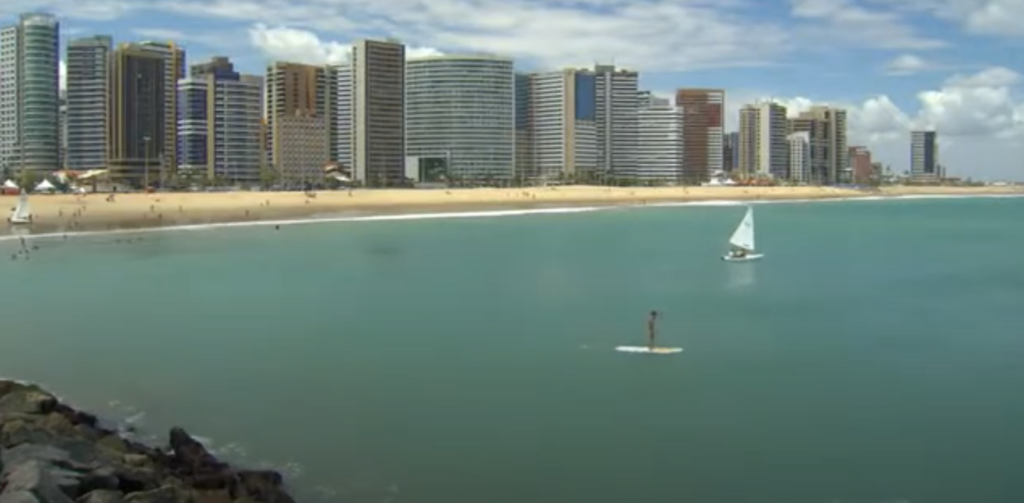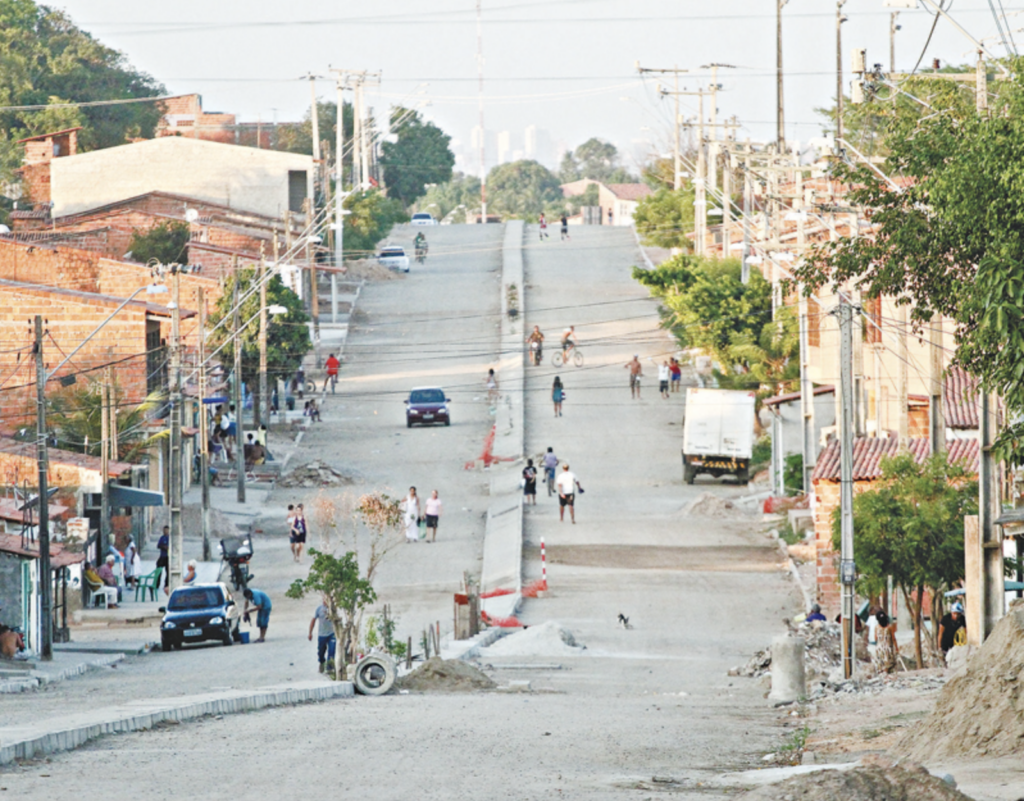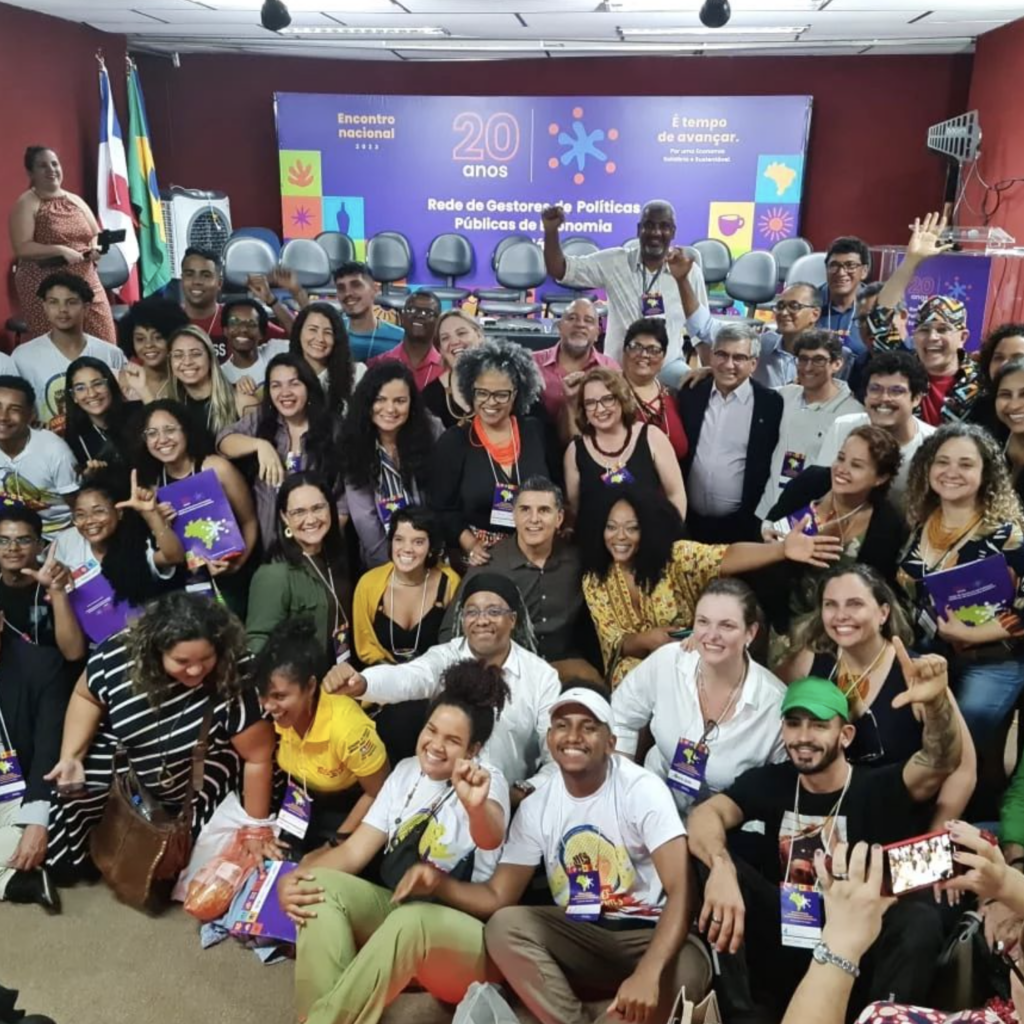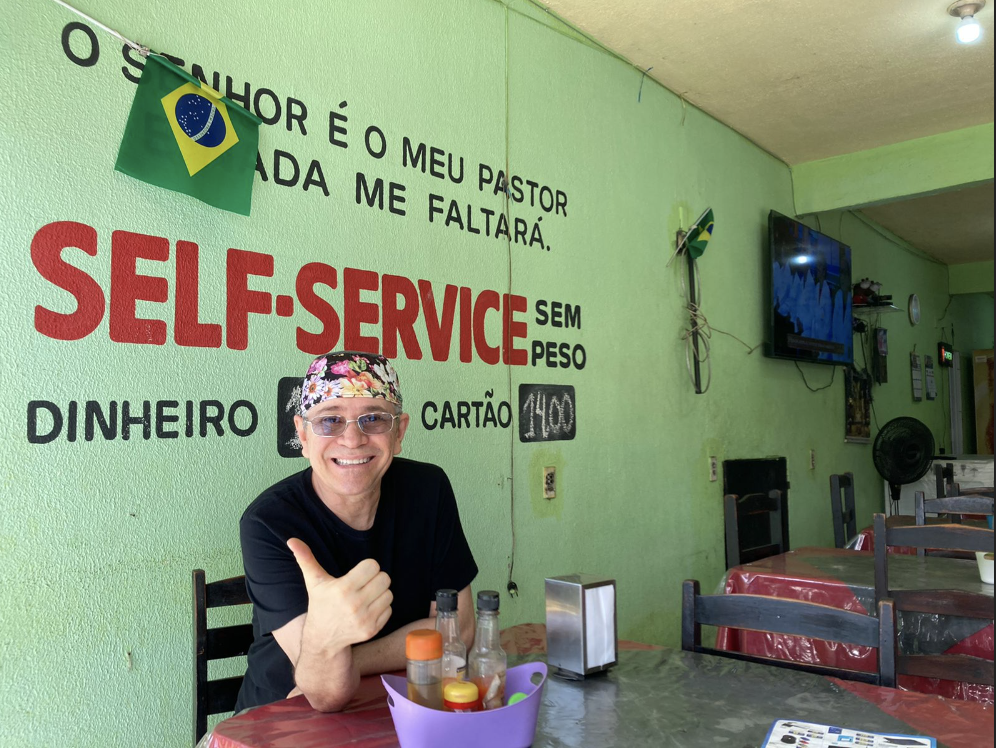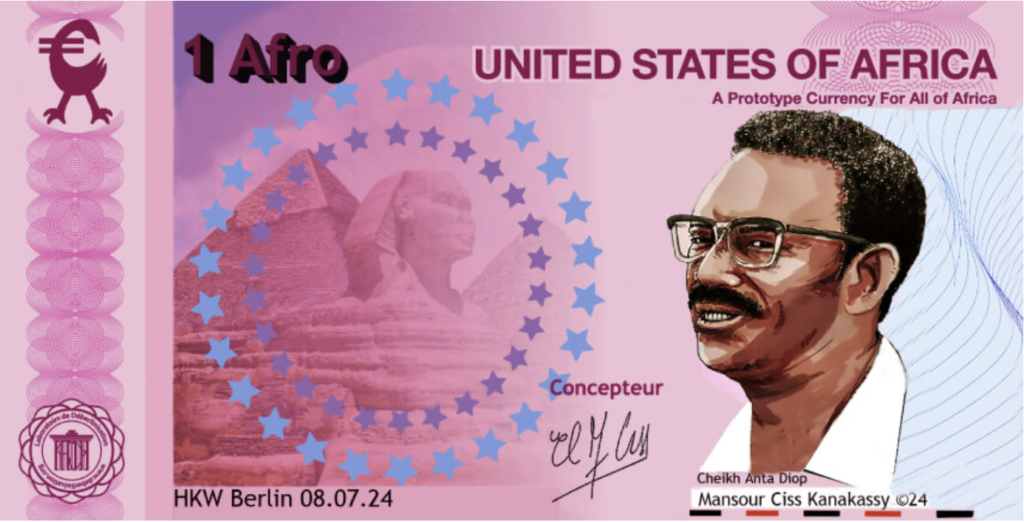There are several regional money projects in Brazil – in 2013 there were 103 community banks and just as many local currencies. The origin goes back to the parish priest Joaquim de Melo, who founded Brazil’s first community bank in 1998. In 2002, his second initiative was launched and the Palmas was introduced – the country’s first local currency. Each time it was met with criticism. From the same people who honor him today. At the time, Melo was accused by representatives of the central bank of distributing counterfeit money. The political environment changed with the election of the pro-union Lula da Silva as president on October 27, 2002. The project was supported by the National Secretariat for Solidarity Economy in the Brazilian Ministry of Labor, in particular by its director Paul Singer. The Ministry provides partial guarantees for these currencies. They can therefore be exchanged into the national currency, the real, at a discount.
The story of Palma begins on the outskirts of Fortaleza. Two and a half million people live in the city, whose social disparities are unparalleled anywhere in the world. In 1973, the city council evicted several hundred fishermen and their families from their harbor neighborhood because it wanted to build luxury hotels for Brazilian and foreign tourists. The victims of real estate speculation are resettled in an unreal area 20 km from Fortaleza, where there is nothing but shrubs and palm trees. Little by little, the displaced people build a shanty town and call it Conjunto Palmeiras. They founded an association and organized themselves to improve their living conditions. Joaquim de Melo settled there in 1984. Melo was just 22 and already fighting on all fronts. So how did the bank come about? “When we had developed the district and provided it with sewage, water and electricity, the residents were still very poor and began to sell their huts and migrate to other even more distant parts of the city,” Melo recalls. „That’s when we came up with the idea of setting up our own bank. A community bank whose philosophy is to promote consumption within the community. That’s why the bank works with two currencies. The real and our own local currency – the Palmas.“
In 2019, the bank employs 30 people, all of whom grew up in Conjunto Palmeira. The special thing about this bank – it belongs to the community – and the accounts are also kept jointly. Any resident of the neighborhood can open an account here without any preconditions or income. This is an exception in a country where 40% of the population are excluded from banking because they are too poor. Here, thanks to an agreement with the government, anyone can pay their electricity bills or have their pension paid out in reals, the national currency. The really unusual thing about the Palmas Bank, however, is that it issues its own currency – the palmas. One palmas equals one real. To obtain palmas, citizens can exchange reals or take out a mini-loan in the local currency. The advantage – every payment made in palmas automatically includes a 5 percent credit. The circulation of the local currency, which Joaquin de melo calls social currency, is strictly limited to the area of Conjunto Palmeiras and this is precisely what makes it so strong. „If I give you 10 reals, you’ll probably get on the bus and spend it in the city center. Then the money will have left the district. But if I give you 10 palmas, they will certainly buy something here in the district. And the person they bought something from will buy something from someone else here.” explains Melo. On average, every Palmas that leaves the bank is used 5 times, that is, 5 purchases are made with it and 5 times added value is created until it returns and is exchanged. “With the Palmas you can do nothing but buy and sell locally and that is what creates work, wealth and real development. When we did the first survey on production and consumption in 1997, only 20% of the inhabitants shopped in the Conjunto Palmeiras. 80% made their purchases outside. That’s why we were poor. After 15 years, 93% already shop in the district.”
In 15 years, Conjunto Palmeiras has changed radically. More than 240 companies have emerged, mainly craft businesses and traders that cover the basic needs of the 30 thousand inhabitants of the district. This has created 2000 jobs. All residents of Conjuntas Palmeiras can take advantage of micro-credits. Micro-credits for businesses are paid out in real so that borrowers can also buy materials and equipment outside the neighborhood. The interest rate is between 1.5 and 3 percent. Loans for private consumption, on the other hand, are paid out in palmas and are interest-free. In this solidarity-based micro-finance system, citizens are seen as prosumers, as economic actors who are both producers and consumers and contribute to sustainable, locally-oriented development. “The social economy is the new economy in which we think along with and, above all, think of people. People come first, even if we know that it is important to produce in order to consume. But you can produce decent clothes and shoes without exploiting, without mistreating, without damaging the environment, without harming others.”emphasizes Otaciana Barros, Head of the Microcredit Department at Palmas Bank.
